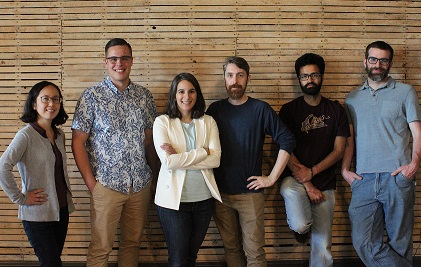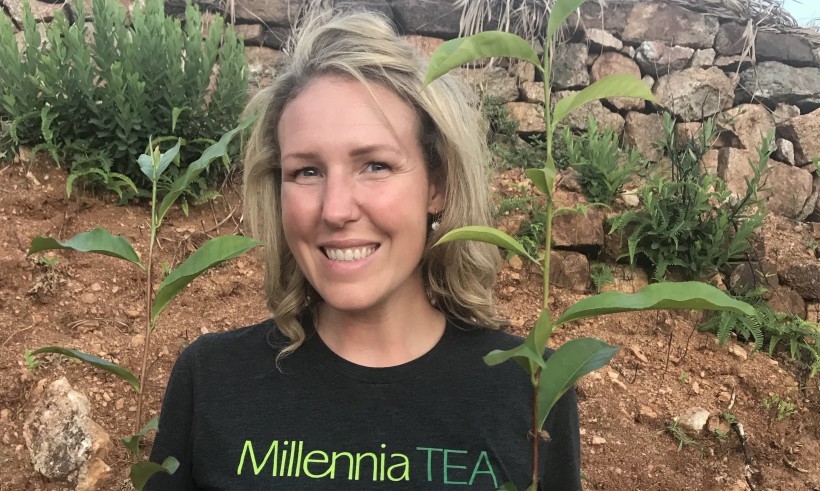Fredericton-based SomaDetect, whose technology helps to detect disease in dairy cows, has been approved for a $3.9 million grant from Sustainable Development Technology Canada.
The two groups issued a statement on Wednesday saying the funding will help to pilot SomaDetect’s product with dairy farms and industry partners in Canada and the U.S. The company’s product is an automated, in-line sensor that provides dairy farmers with information from individual cows to help improve management decisions, milk quality, and health.
The company will install its sensors and collect data to build algorithms on dairy farms first in North America then globally.
“We are thrilled to have SDTC join us and support the wild adventure that is SomaDetect,” said SomaDetect CEO Bethany Deshpande in a statement. “We are grateful to live at a time when everyone – our farmers, our government, our communities, our SDTC consortium partners, and technologists like us – care about creating the best possible food given the resources we have today.”
SDTC is a foundation created by the Canadian Government to provide money and support for companies developing clean technology solutions. Other Atlantic Canadian companies it has backed include CarbonCure Technologies and Metamaterial Technologies Inc., both of Dartmouth.
Founded in New Brunswick in 2016, SomaDetect combines readings from its sensors with deep-learning algorithm and visualization software to assess the health of each cow in a herd in real-time. Until now, it has taken so long to assess the health of a cow that a disease could become fatal by the time it was identified.
The statement said most dairy farmers do not currently receive data on the milk that they produce with the frequency they need. At most, they receive lab results from milk collected from individual cows once a month, or rely on manual veterinary checks. That means many farmers rely on averaged measurements from milk collection tanks and guesswork to make critical management decisions.
The global dairy industry is demanding better traceability, higher-quality food, and more information about where milk comes from, said the statement, adding that its product can probably help to reduce greenhouse gas emissions in dairy farms.
Since SomaDetect will help to increase milk production per cow, fewer cows will be needed, it said. The company estimates this project will result in a 5 to 8 percent reduction in associated GHG emissions on dairy farms, or the equivalent to the energy produced by 55 wind turbines running for one year.
“The projects announced today will bring about the kinds of innovative cleantech solutions that we need in the fight against climate change,” said Navdeep Bains, Minister of Innovation, Science and Economic Development.
SomaDetect, which employs 26 people, closed a US$2 million (C$2.6 million) round of funding in August to help it build out its databank and technology. The investors include the New Brunswick Innovation Foundation, the Western New York Impact Investment Fund, and New York Ventures.








